This is the eighth photo essay of my trip to the Imperial War Museum.
This was the mainstay of the British Artillery forces for well over 40 years in the beginning of the last century. 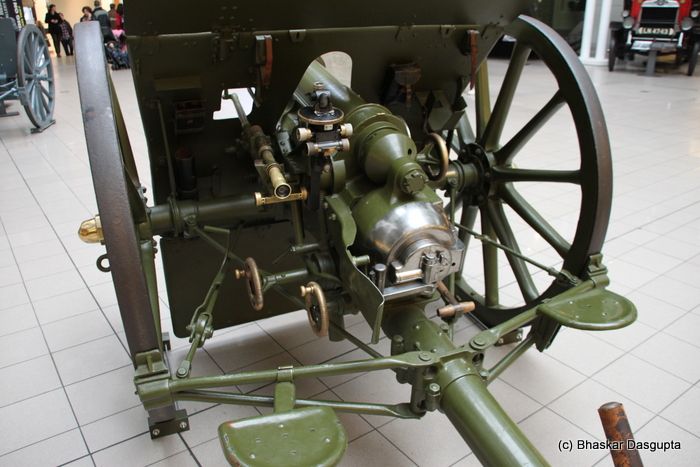
You can see the two seats for the gunner and layer. 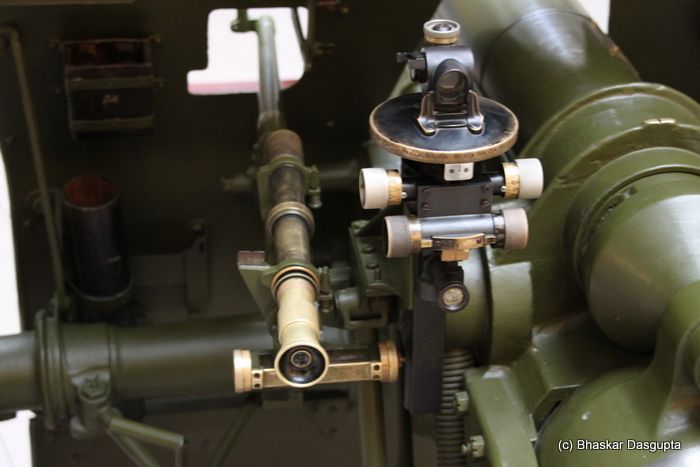

First introduced in 1904, it was in constant service well into the WW2. 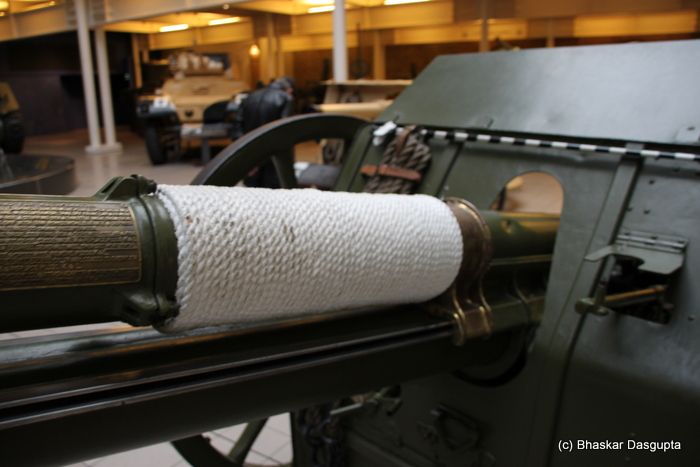
More than 86 million shells were fired by these guns during WW1. 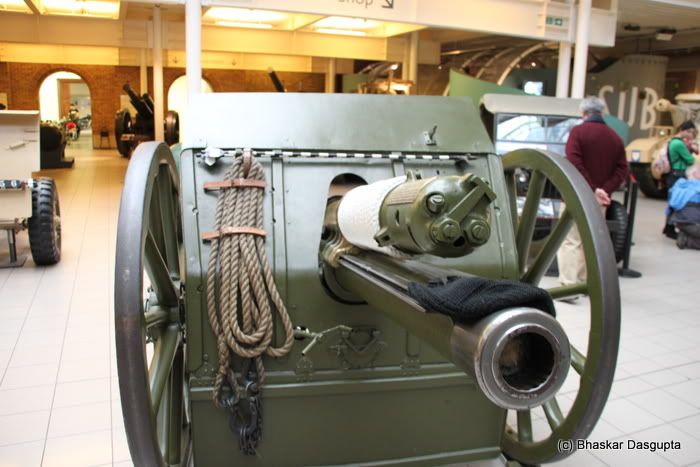
Simple Simon, load, lock and fire.
This is a 75mm French field gun and limber. 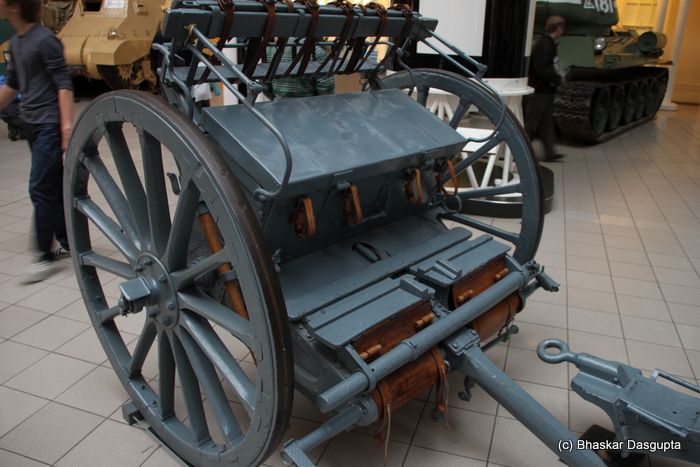
The stuff that makes the gun go was stored in the limber. spares, tools and stuff
Very good gun, but unfortunately the shell it fired was too light for what it went up against, specially the trench warfare kind of operation. That needed some heavy explosives. 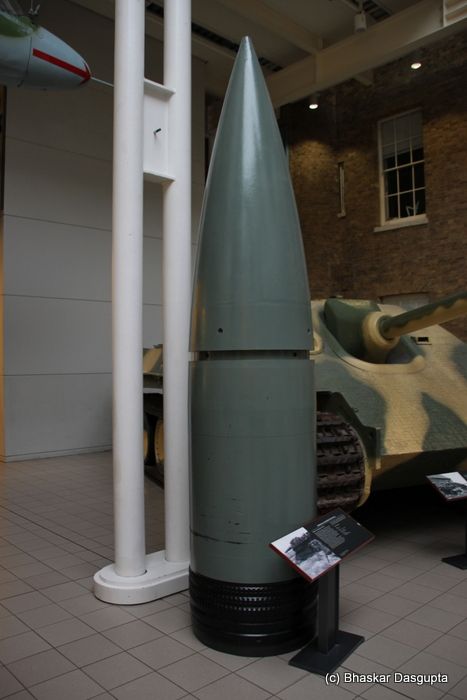
This is a monster shell. This was designed for the Heavy Gustav Gun, the heaviest and largest gun ever made. The only time it was used was in Sebastopol. It was transported in sections to the site, then it took 6 weeks to assemble the weapon on a specially constructed 4 track railway line by 1420 officers and men. And then it fired 48rounds. End of. Ah! the futility of war. 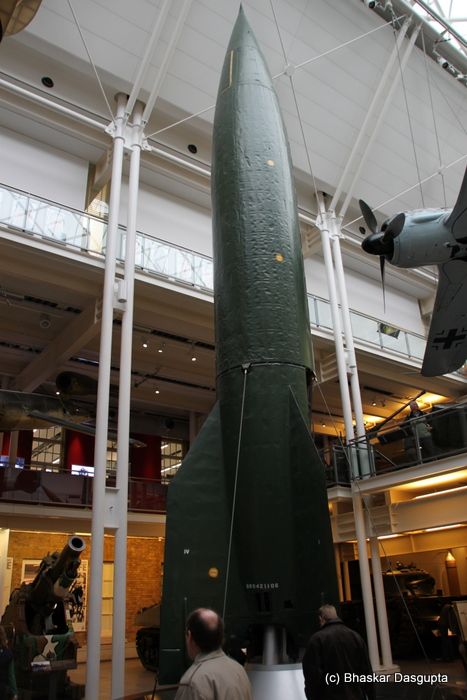
Slightly bigger is the V2 rocket. This brought the world into the ballistic age. 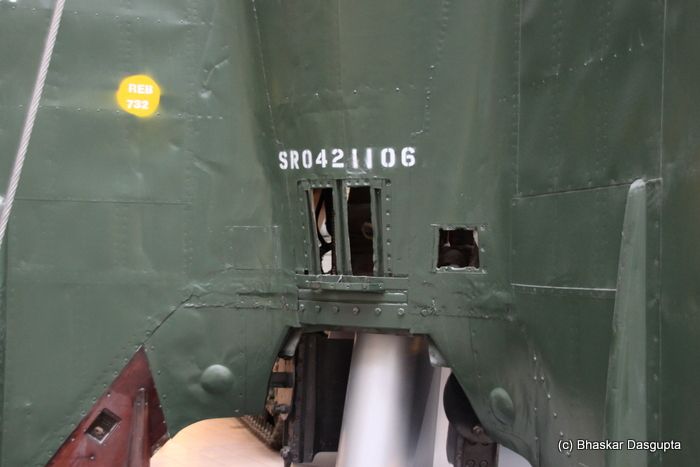


It looks seriously menacing no? Vergeltungswaffe 2. 1000 of these babies were launched against the UK and 1800 against Belgium. 
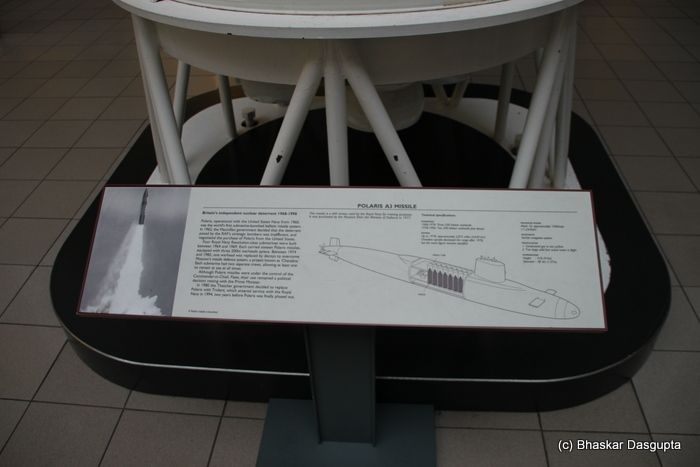
We finally come to the Polaris nuclear missile which was submarine launched. Each of these babies carried three 200kt warheads. What an increase in destructive power in less than a century. Makes you a bit dizzy.


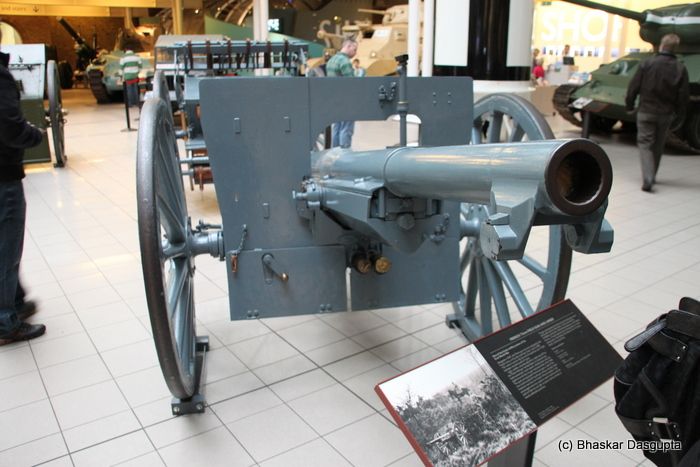
No comments:
Post a Comment